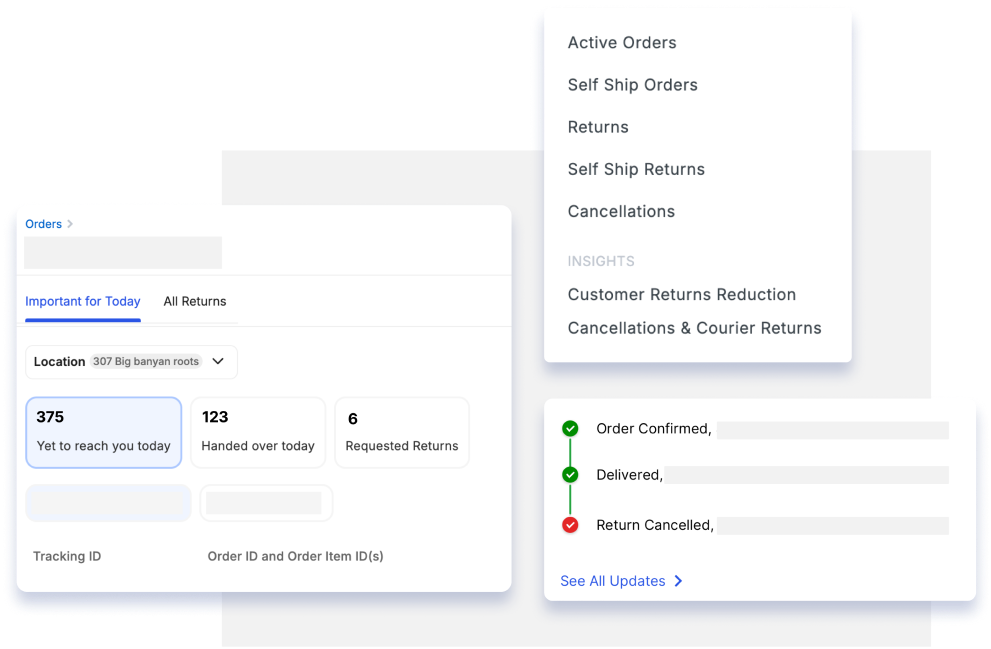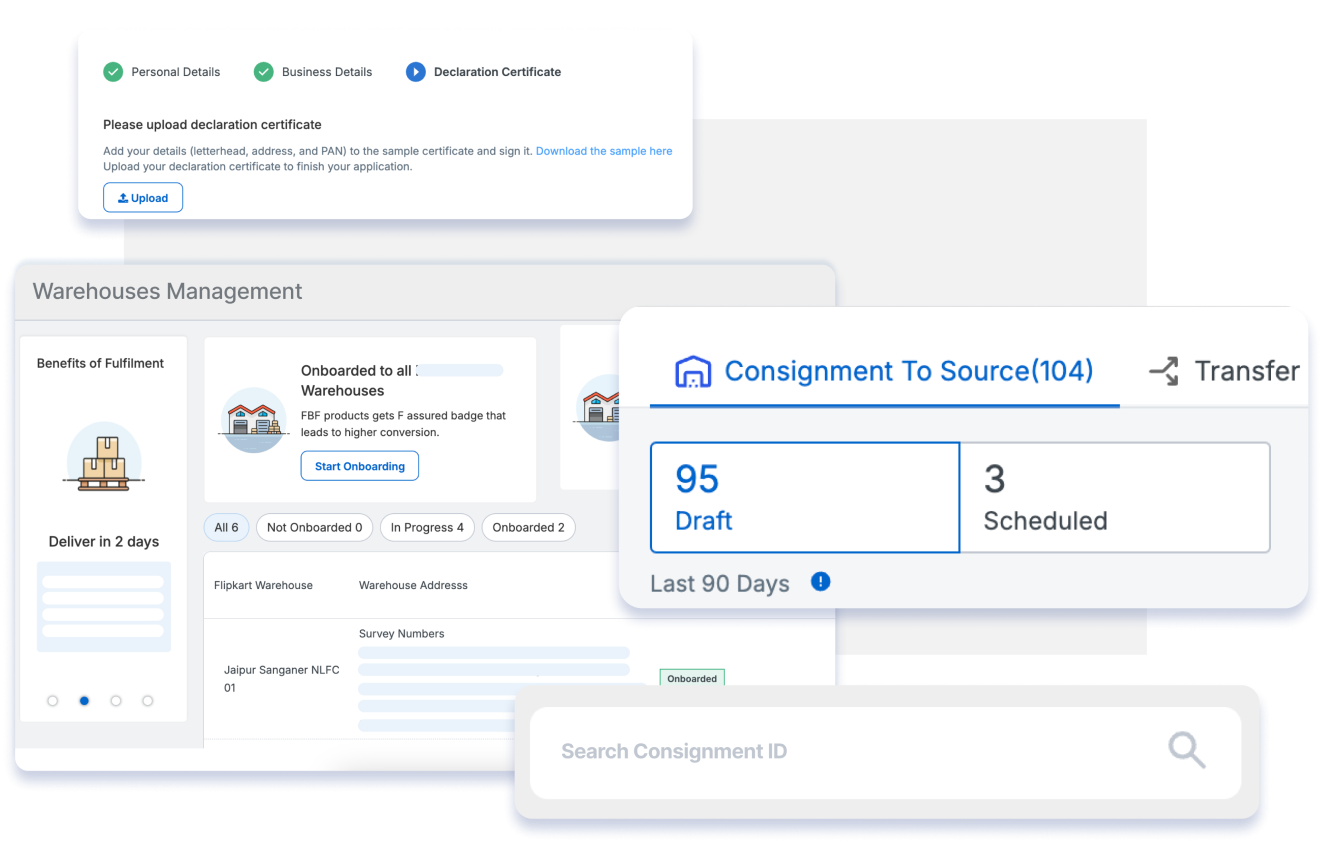FAQ
Supply chain management software is a digital platform that automates and streamlines supply chain activities, including procurement, production, inventory management, and logistics. This helps enhance overall efficiency and reduce operational costs.
FCC supply chain management software enhances efficiency by automating processes and providing real-time data visibility. It facilitates better decision-making and streamlines communication between different parts of the supply chain.
Key benefits of supply chain management tools include improved visibility into operations, cost reduction through optimized processes, and enhanced customer satisfaction due to timely deliveries. These tools help ensure better risk management by anticipating and mitigating potential disruptions.
Key features to look for in supply chain management software include order management, inventory tracking and warehouse management.. It should also support demand forecasting, analytics, and integration capabilities with other business systems.
FCC supply chain planning software optimizes operations by analyzing data to forecast demand, plan inventory levels, schedule production, and coordinate logistics. This ensures that resources are utilized efficiently and customer demands are met promptly.
Supply chain management solutions benefit industries such as retail, manufacturing, automotive, healthcare, logistics and more. They help achieve streamlined operations, reduced costs, and improved service delivery through enhanced supply chain coordination.
Supply chain planning software focuses on forecasting and strategizing for future demand and resource allocation. On the other hand, management systems oversee the execution of these plans, handling day-to-day operations and logistics.
Yes, FCC supply chain management software offers seamless integration capabilities with ERP systems to ensure seamless data flow and unified business processes.
Real-time visibility in supply chain management systems provides instant access to current data on inventory levels, order status, shipment locations, and other critical supply chain information.
Supply chain management solutions reduce costs by automating processes, minimizing errors, optimizing inventory levels, improving supplier negotiations, and enhancing logistics planning. All these aspects contribute to achieving efficient and cost-effective operations.















